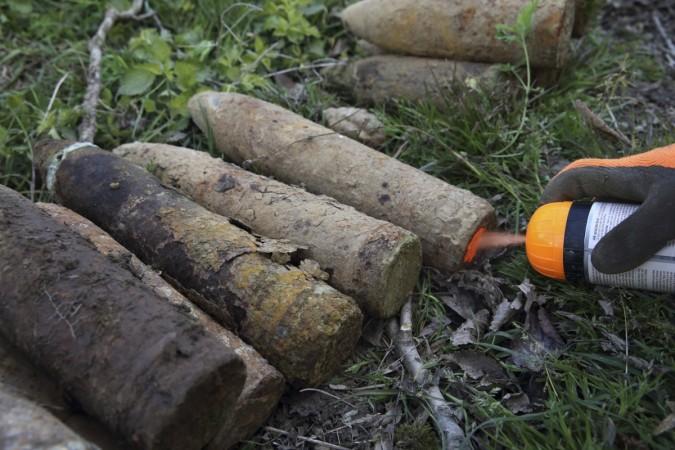
About 20,000 residents of Germany's Cologne city have been asked to evacuate after the discovery of a 1,000-kg bomb last week near a bridge along the Rhine river, in the largest evacuation in the city since the Second World War.
The World War-II era bomb, said to be American, was found last week near the Mülheim bridge when workers were excavating the river bank for setting up a heating pipeline.
Hundreds of elderly were among those taken to safety, as the bomb disposal squad spokesman Wolfgang Wolf warned that if the device went off, it could create a large atmospheric shock wave that could rip off roofs and shatter windows.
"We have here [explosive] TNT that generates shock waves over a wide distance that can rip off roofs, windows, doors and so on," Wolf said, according to Deutsche Welle.
The bomb disposal squad will lift the bomb buried five metres in the ground and then deactivate it, the report said.
Schools have been closed, and rail and air services have been suspended as residents in the Riehl and Mülheim districts are being moved out.
Evacuations over bomb findings have almost become routine in Germany, especially in Cologne, which was a prime target for allied bombers.
Only last week, more than 30,000 residents of Hanover were evacuated after a seven-decade-old bomb was found buried under school grounds.
The biggest such evacuation in Germany took place in 2011 in Koblenz, when two bombs were found in the riverbed of the Rhine river during a drought, forcing 45,000 residents out of their homes.
While most bomb disposals have been safely carried out, an operation in 2010 killed three bomb squad members.

















